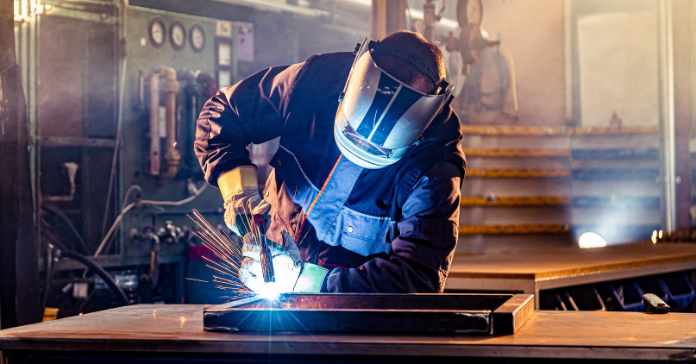
Embarking on the journey of starting a welding business is both exciting and challenging. It requires more than just skills in welding; you also need to understand business management, marketing, finance, and human resources. Here’s a brief guide to what you need to start your own welding business.
Honest Self-Assessment: Are You Suited for Running a Business?
Running a successful welding business is not just about perfecting your welding skills. It also involves marketing, financial management, and customer service ability. Understanding your cash flow, pricing strategies, and budgeting can significantly impact your business’s sustainability and growth. Sales and marketing ability, persistence in the face of rejection, and all-around people skills are necessary for success.
Plus, as your business grows, you may need to hire other welders or administrative staff. Leadership and management skills will go a long way in ensuring a productive and harmonious workplace.
Types of Welding Businesses
The type of welding business you choose to start depends on your skills, interests, and resources. Here are a few options:
- Independent contractor: As an independent contractor, you offer your welding services to individuals or businesses on a contractual basis. This setup allows flexibility but also requires you to constantly seek new projects.
- Mobile welding service: This business model involves providing on-site welding services. The mobility allows you to serve a wider geographic area, but it also necessitates a reliable transportation system and marketing skills to find and retain clients.
- Metal fabrication shop: This is a full-blown operation where you manufacture metal structures on a large scale. It requires significant investment in space and equipment, but it can be highly profitable if you can manage a steady stream of large projects.
Developing a Business Plan
A well-crafted business plan is your road map to success. It should include:
- Business structure: Decide whether you will operate as a sole practitioner or form a Limited Liability Company (LLC), partnership with another welder or business management expert, or corporation. Each structure has its pros and cons in terms of liability, tax implications, and operational control.
- Financing: Identify your funding sources. Will you use personal savings, apply for loans, or seek investors? Clear financial planning is crucial to keep your business solvent and profitable.
- Marketing: Define your target market and make a plan for how you will reach it. Consider both traditional methods like print advertising and digital strategies such as social media and search engine optimization.
- Equipment: Choosing the right welding equipment is paramount for producing quality work. A reliable source like Mac-Tech provides guidance on selecting the right welding machine for your business needs.
Certifications Are a Sign of Expertise
Welders can earn various types of certifications, each signifying a different level of skill and expertise. For instance, the Certified Welder (CW) certification from the American Welding Society (AWS) demonstrates proficiency in specific welding procedures. The Certified Welding Inspector (CWI) certification, also from AWS, indicates that the welder possesses comprehensive knowledge of welding processes, defect recognition, and code requirements. These certifications can significantly boost a welder’s business success by showcasing their competence and commitment to quality.
Starting your own welding business can be a rewarding venture. With the right blend of technical skills, business acumen, and careful planning, you can build a successful enterprise that stands the test of time.







